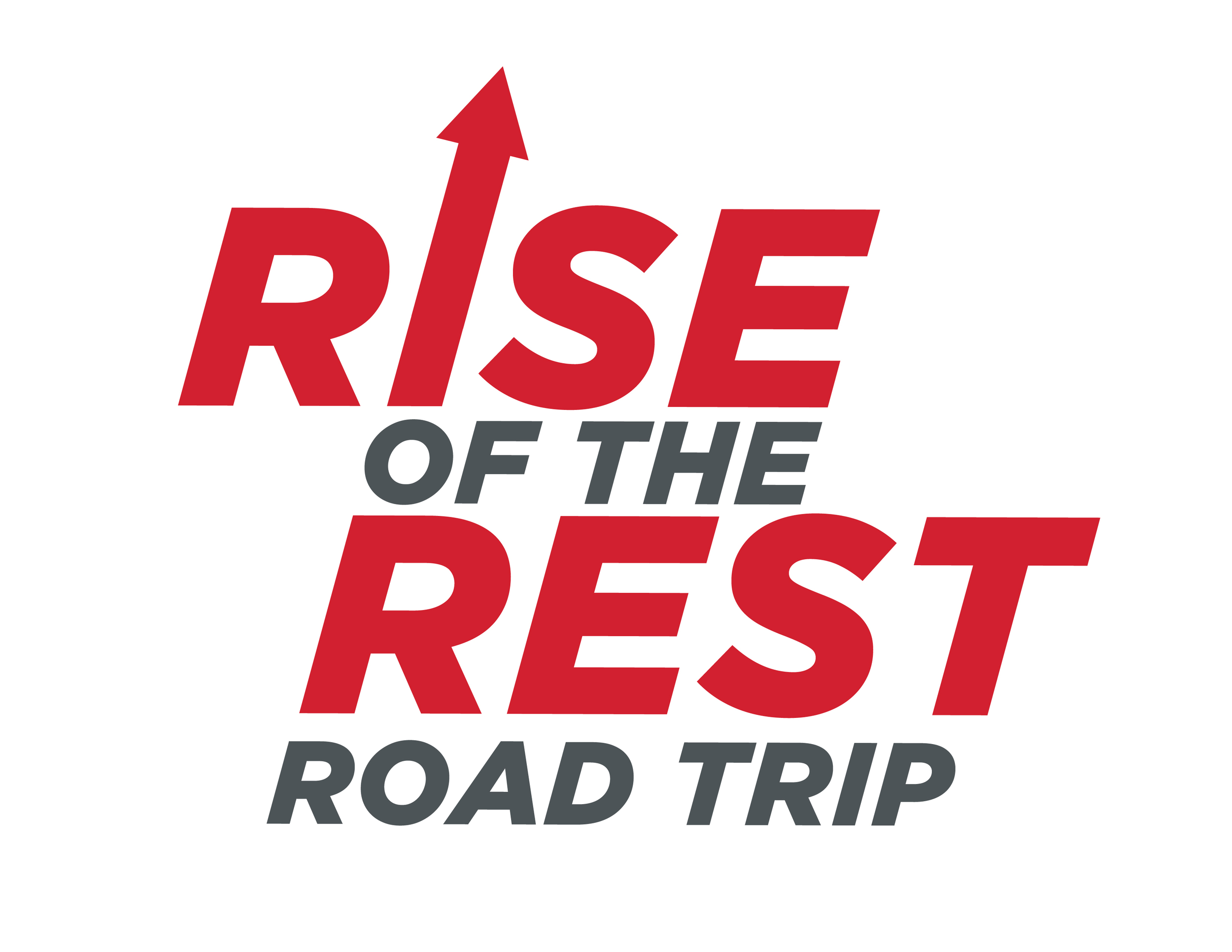People working on net neutrality wish for a “third way”– a clever compromise giving us both network neutrality and no blowback from AT&T, Verizon, Comcast and others. That dream is delusional because the carriers will oppose network neutrality in any real form; they want paid fast lanes. They have expressed particular opposition to “Title II” of the Communications Act—something telecom lawyers mention the same way normal people might reference the First or Second Amendments. Title II is the one essential law to ban paid fast lanes.
All legal “third way” proposals have struck me as legally flawed and too clever by half. Let me explain why: current law sets up an either/or, without much possibility of a third way. We have two very different paths and have to pick one.
Laws usually include a definition of something and then apply rules to that thing. Drug laws, for example, might define what “drugs”, insurance, or securities laws define “insurance” and “securities,” then they apply rules to things defined as drugs, insurance, or securities. You can look at the legal definition of drugs and know that peanut butter and automobiles aren’t drugs. Therefore, the legal requirements on drugs don’t apply. If an agency has authority over both food and drugs, and decided both peanut butter and Viagra are not “drugs” but “foods,” then the agency could not apply drug laws to either of them. But it would likely have to declare Viagra a drug to regulate it as a drug, and peanut butter a food to regulate it as a food.
In January, a court in a decision called Verizon v FCC struck down the network neutrality rules adopted by the FCC in 2010. The court said that Title II of the Communications Act regulated some companies as “common carriers.” What is a common carrier? A common carrier is a company “forced to offer service indiscriminately and on general terms.” Common carriers cannot engage in “individualized bargaining.” Think about cabs, which are generally common carriers. For example, according to most state laws, cabs are not permitted to refuse to drive anyone and must charge the same prices, instead of discriminating and deviating from their uniform meter. Common carriers have included landline phone companies, mobile phone companies, DSL service (until 2005), also railroads, and grain elevators.
These are the parts of Title II that require common carriers in communications to serve everyone and not discriminate among users. (The full provisions provide even more detail.)
Serve everyone on fair terms: “It shall be the duty of every common carrier engaged in interstate or foreign communication by wire or radio to furnish such communication service upon reasonable request therefor; … All charges, practices, classifications, and regulations for and in connection with such communication service, shall be just and reasonable.”
No unreasonable discrimination: “It shall be unlawful for any common carrier to make any unjust or unreasonable discrimination in charges, practices, classifications, regulations, facilities, or services for or in connection with like communication service, directly or indirectly, by any means or device.”
According to the court decision in January, services subject to Title II are subject to these provisions.
But service not subject to Title II cannot be treated as common carriers. That is the key holding of the Verizon decision: “We think it obvious that the Commission would violate the Communications Act were it to regulate [companies that are not subject to Title II] as common carriers.”
Here’s how the Court got there in plain English: its just like the Viagra example above. Ten years ago, the FCC said that ISPs aren’t common carriers. Therefore, the FCC can’t regulate them as if they were..
Here’s the legal jargon version. The Communications Act defines something called “telecommunications services,” and says those services must be offered on a common carrier basis under Title II. Telecommunications services are generally networks that carry data between two points without changing it. Other services, that provide and change information, like Facebook or Yahoo, are “information services.” They are not subject to common carrier obligations in Title II. The FCC (oddly) decided ten years ago to treat Verizon, AT&T, and others as information services, not as telecommunications services, even when they carry traffic from point A to point B, merely because they also offer things like email and domain name service.
Because the FCC decided that ISPs are not “telecommunications services” by law, Title II’s common carrier requirements of reasonable charges and nondiscrimination etcetera do not apply to Verizon, AT&T, and Comcast right now.
According to the court in January, the operative legal language making it a binary decision is this:
A telecommunications carrier shall be treated as a common carrier under this [Act] only to the extent that it is engaged in providing telecommunications services. (Page 41).
The court interpreted this language as an either/or. Either a service is a telecommunications service (therefore a common carrier) or not a telecommunications service (and therefore not a common carrier).. It’s binary.
So, unless ISPs are reclassified as Title II common carriers, then common carrier laws simply cannot apply.
Said another way, if the FCC relies on any other provision then common carrier concepts cannot apply. It doesn’t matter if that other provision is one known as Section 706 of the Telecommunications Act, one known as Section 4(i) of the Communications Act, or one known as Mary Poppins. According to the decision, there is Title II, and then there is everything else, when it comes to network neutrality.
The court’s decision on this point is a really important development. Four years ago, when the FCC adopted its 2010 Order, the FCC didn’t know this binary existed. All it knew was that a few provisions of the law (such as Section 230) could not sustain network neutrality. In 2010, the FCC could believe that perhaps many provisions could work (other than 230 and a few others). It could treat “Title II” as the “big guns.” After the Verizon decisionthis January, we realize no provisions other than Title II would work. They’re the only guns.
So we know that (a) Title II services are regulated as common carriers and (b) other services cannot be. A simple binary.
And to finish off the analysis: is network neutrality a common carrier regulation?
Yes, by law. The court in January made that clear: network neutrality is a common carrier regulation. It is common carrier regulation because it requires ISPs to offer indiscriminate and general treatment for all websites. No paid fast lanes and slow lanes. The court said that, with the FCC’s 2010 language on fast lanes, “we see no room at all for ‘individualized bargaining.’”
Unless the FCC relies on Title II, it must permit fast lanes, slow lanes, discriminatory exemptions to bandwidth caps and all the other stuff AT&T, Comcast, and Verizon always wanted.
Still, the FCC Chairman keeps suggesting that the FCC can force the carriers to offer the same terms to everyone and can ban fast lanes under Section 706, without relying on Title II. It’s obvious from the January decision that forcing them to offer the same terms would be common carriage and therefore illegal. Any rules not adopted under Title II will either authorize massive network discrimination and “individualized bargaining” between ISPs and all websites—or be struck down.
If we want a rule against discrimination and against new access fees, we need Title II. There is no legal third way.


















